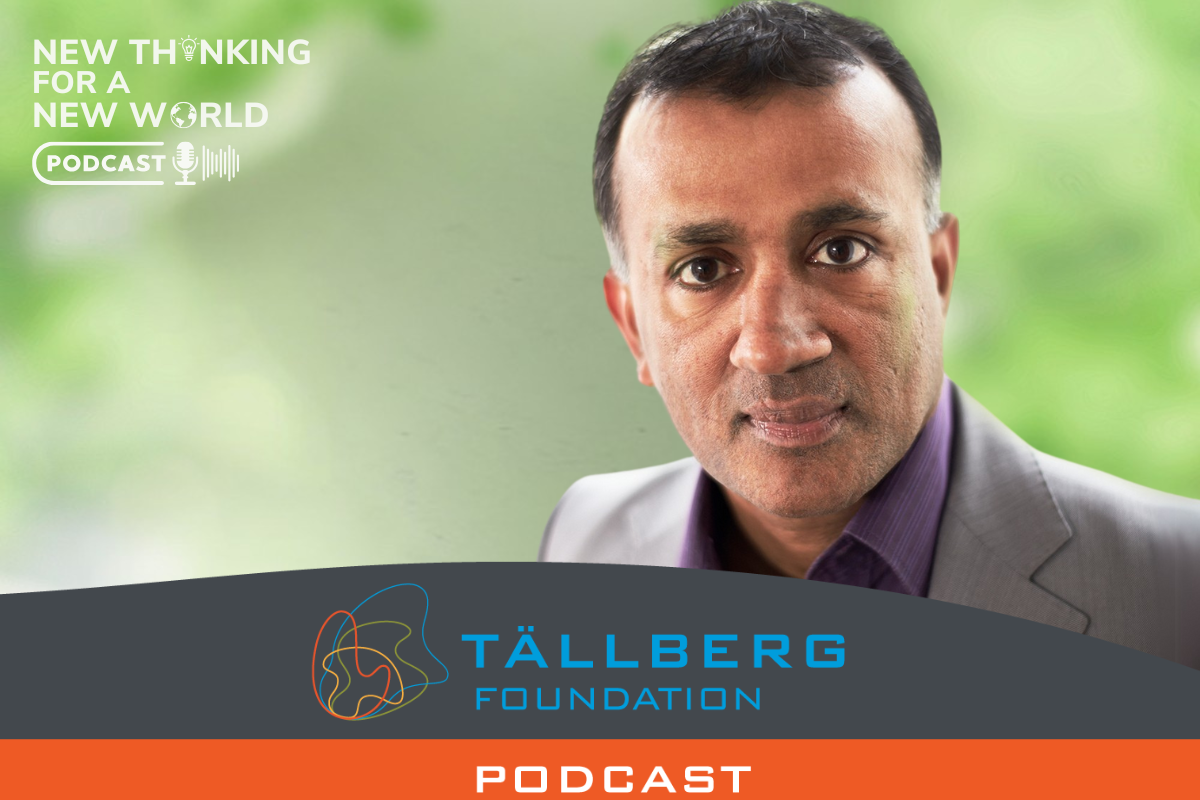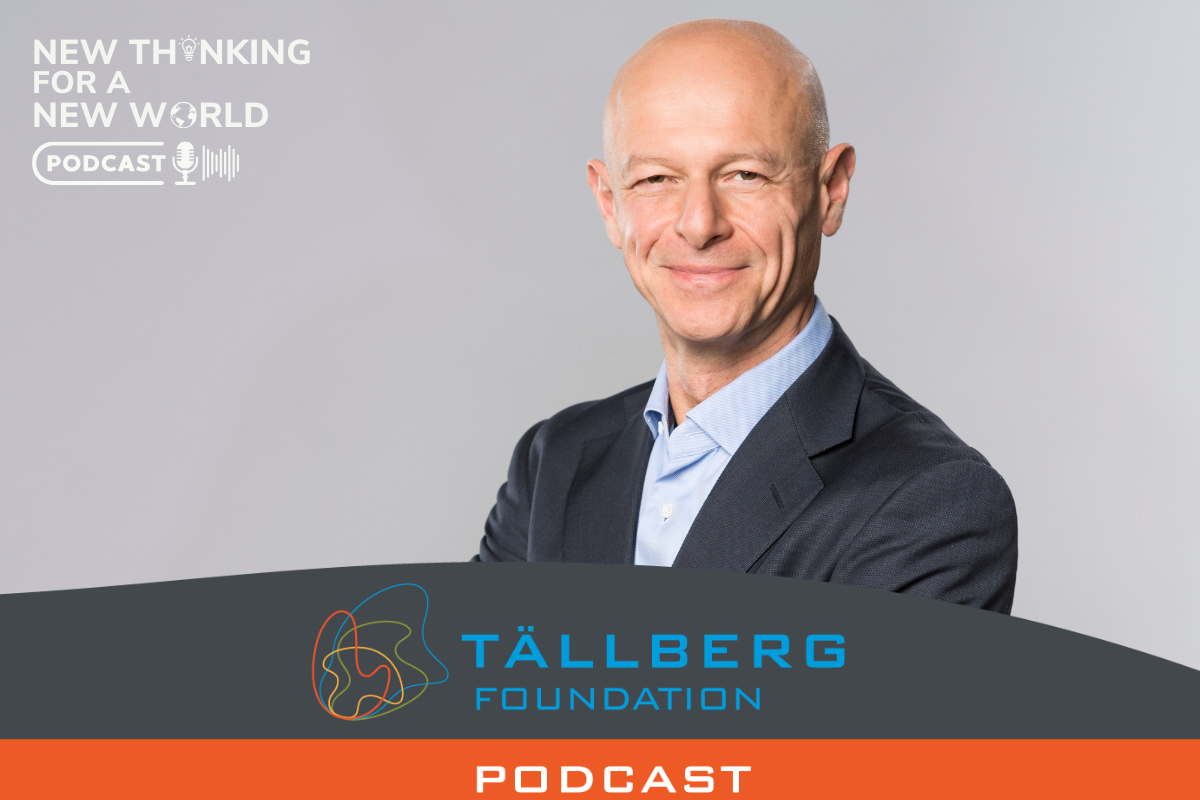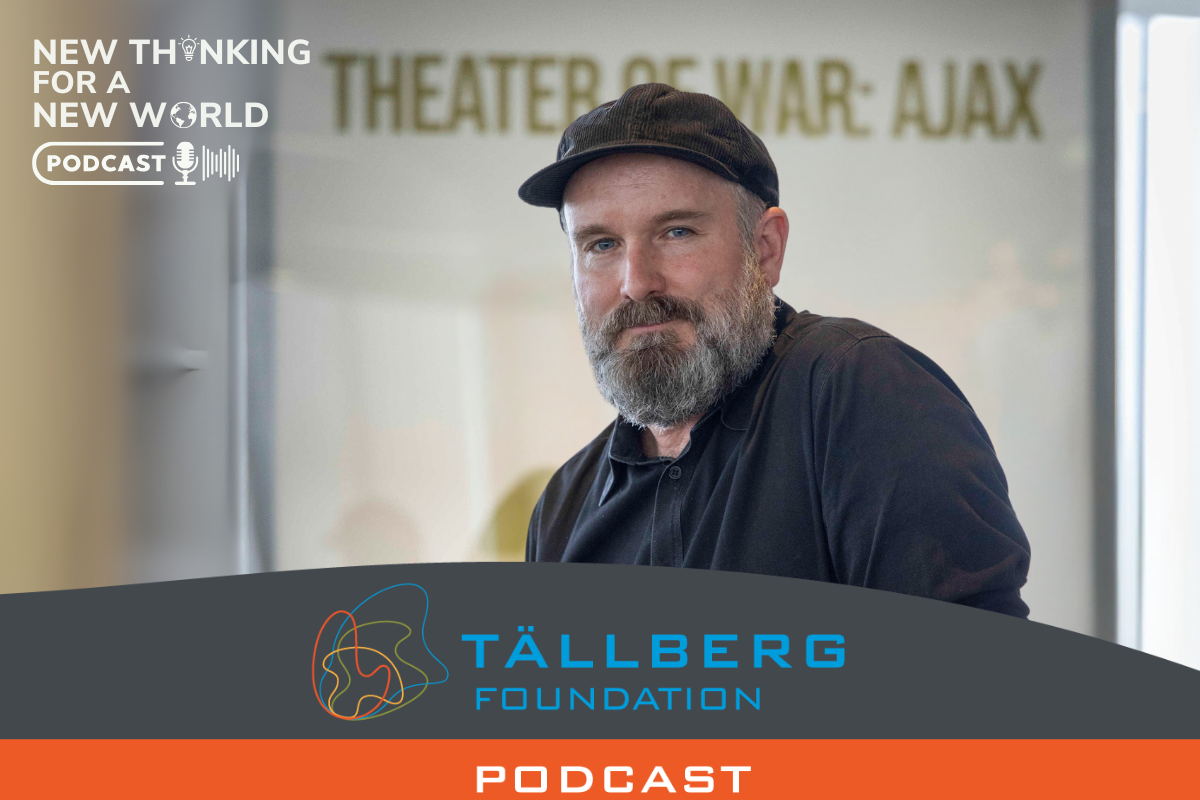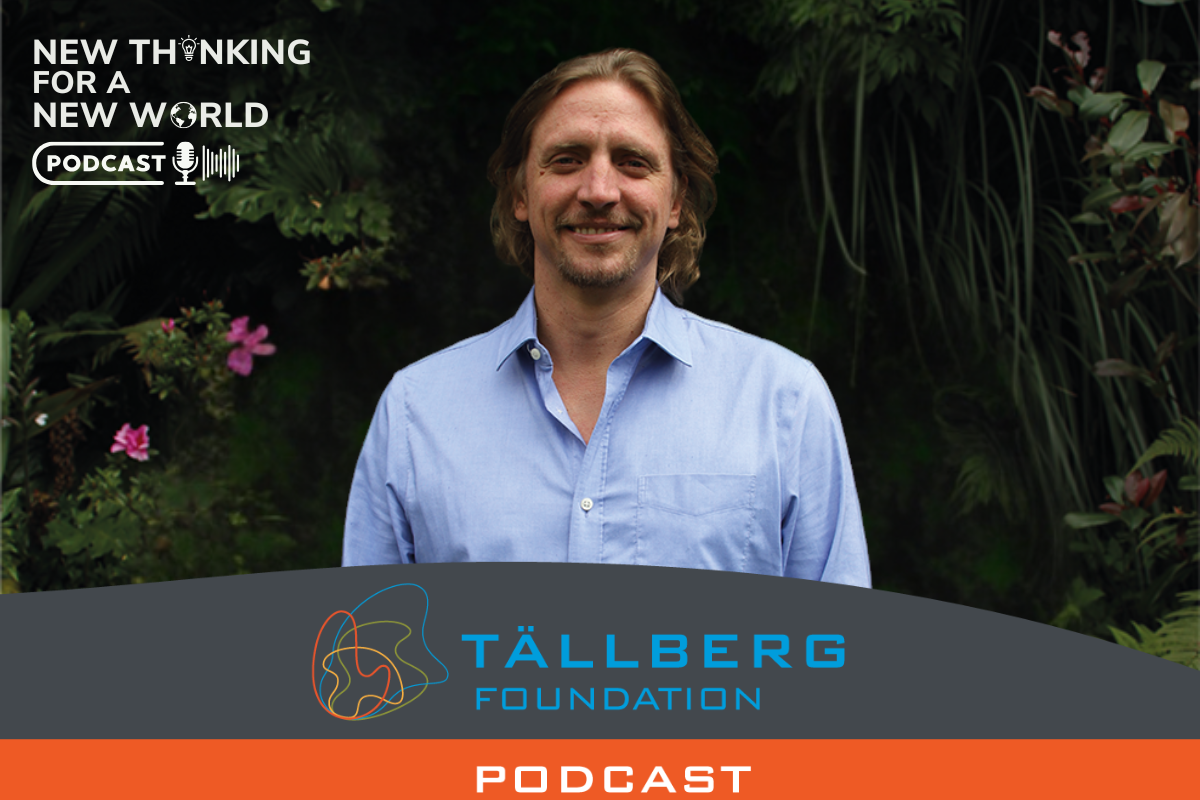Rebecca Finlay delves into the questions surrounding the regulation of AI, its limitless potential, and the challenges faced in controlling its impact on society.
***
Although inflection points are better judged in retrospect, OpenAI’s release of ChatGPT late last year may have touched off a new era in how mankind relates to machines—perhaps in how civilization works. From medicine and legal briefs and sonnets in the style of Shakespeare to John Lennon’s long-dead voice, the combination of generative artificial intelligence and massive computing power is producing endless wonders across wide ranges of human activity, some trivial but some incredibly sophisticated.
“What can’t AI do?” is the question. The answer seems to be, “Anything a human can do, AI can do better.”
Because of that perception, right or wrong, the only thing growing seeming to grow faster than AI’s capability is hysteria about AI’s capability. Suddenly industry leaders are warning about the risk of humanity’s extinction by an ever more powerful AI and pleading for regulation to save us from their creation and its future iterations.
But once Pandora’s box has been opened, can it be closed? Can artificial intelligence actually be regulated? Can what happens in thousands of labs worldwide, who have access to unlimited computing power and open-source code, be controlled? If so, how and by whom? Who decides what’s good and what’s bad?
Rebecca Finlay, CEO of the Partnership on AI whose stakeholders include many of the biggest players in North America and Europe, is thinking deeply about these issues and is optimistic that there are positive answers. She recently joined host Alan Stoga for a New Thinking for a New World podcast.
We didn’t ask ChatGPT what it thinks, because we care more about what you think. Can AI be regulated? TELL US WHAT YOU THINK BY COMMENTING BELOW.
Listen to the episode here or find the New Thinking for a New World podcast on a platform of your choice (Apple podcast, Spotify, Stitcher, Google podcast, Youtube, etc).
ABOUT OUR GUEST
Rebecca Finlay is the CEO at Partnership on AI overseeing the organization’s mission and strategy. At PAI Rebecca ensures that our global community of Partners work together so that developments in AI advance positive outcomes for people and society. Most recently, she was a VP, Engagement and Public Policy at CIFAR where she founded the Institute’s global knowledge mobilization practice, bringing together experts in industry, civil society, and government to accelerate the societal impact of CIFAR’s research programs.




The world is still in the beginnings of laying the basics for artificial intelligence
1. Artificial intelligence is still very primitive
Did not reach the level of deep organization and linking
Necessary to make stages of development and unforeseen software!
It is the most dangerous thing in artificial intelligence software
2. The world is now still in the beginnings of laying the basics, and the connection is still haphazard
Which will not achieve the desired develop
3. Just generating information does not mean intelligence!
instead of in-depth analysis .. and accurate results
To make valid and buildable decisions!
And in the presence of measurable sources of information
All of this is currently far from being verified
Our enthusiasm, fueled by fascination and the promise of progress has always led us foward and backward at the same time. This is perhaps our human conundrum. But each time, the stakes go up – so this is a very vital conversation that we have to hold for all levels of society. We are a thinking species afterall.
I hope we do.